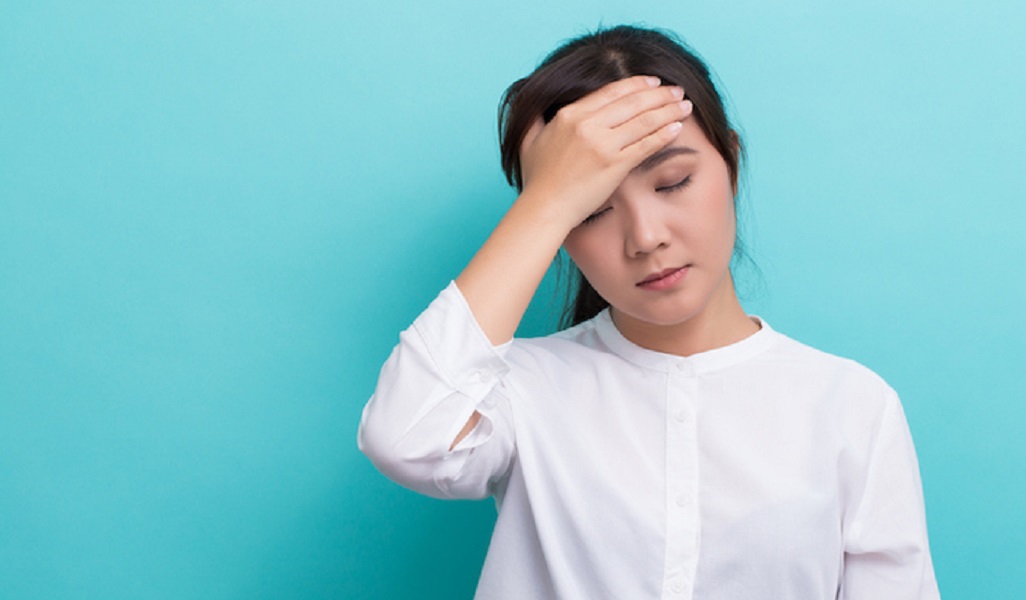News & Articles

Cancer Fatigue - Why it occurs & how to cope?

Cancer fatigue: What can you do?
Undergoing treatment for cancer can leave you feeling constantly tired. Parkway Cancer Centre’s Senior Dietitian, Gerard Wong, takes a look at how you can manage the chronic fatigue.
Most of us know what it feels like to be tired when we have a cold or flu, when we lack sleep, or when we have just had a long run or other physical exercise.
Such tiredness or normal fatigue doesn’t persist, and usually goes away after we get some rest, stop our activities, or recover from our illnesses.
Chronic fatigue, on the other hand, is a persistent, lingering tiredness that refuses to go away even after a full night’s sleep. You may feel constantly exhausted to the point that you find it hard to concentrate and manage your daily routine.
Many cancer patients experience chronic or cancer-related fatigue arising from the cancer itself or from the treatment.
While such fatigue is common, each person may experience it differently, with varying levels of fatigue that can last from several weeks to months even after they complete their treatment.
How to cope
Chronic or cancer-related fatigue can be debilitating and distressing, as they can affect your daily life physically, mentally and emotionally.
Don’t assume it is a part of the cancer experience and just bear with it or ignore it.
Talk to your doctor about your fatigue, and he may get you screened for possible causes and suggest appropriate medical interventions. He may also refer you to an allied health professional team to suggest ways to manage your fatigue.
Some common strategies include:
- Eat well. Keeping up with your nutrition and calorie intake is important in fighting fatigue and aiding recovery. Talk to a dietitian to learn how to eat well and how to counter cancer-related eating problems such as poor appetite, nausea, vomiting and diarrhoea.
- Rest well. Cutting back on caffeine, staying active and having a bedtime routine can help you get a restful night’s sleep. Taking short naps during the day can also give you a quick energy boost. If you have sleeping problems due to, for example, cancer pain, talk to your doctor about possible medical options to promote better sleep.
- Stay active. Try to stay as active as you can. Regular exercise such as walking is a good way to ease fatigue and even improve sleep. But check with your doctor first before starting any exercise programme. Talk to a physiotherapist to learn about the best exercises (type, duration, frequency and intensity) for you at this time, taking into consideration any medical condition such as anaemia and bone metastasis.
- Go slow. When doing a task, take it easy and do it at a pace you are comfortable with. Take frequent breaks and stop working when you start to feel exhausted – and not after you are already exhausted.
- Get help. Don’t try to do everything yourself. Ask for help and learn to accept help from family or friends.
- Talk to someone. Cancer can be emotionally draining, and this can contribute to fatigue. Share your feelings and thoughts with your family, a friend or a counsellor. Or join a support group.
Why am I feeling so tired?
Often, cancer-related fatigue is not caused by just one thing. It can come from a range of sources, including:
Cancer itself
If you suffer from blood cancers such as leukaemia, lymphoma or myeloma, you may have a low red blood cell count and suffer from anaemia, which leads to extreme fatigue and weakness. Cancer of the lung may also cause you to feel breathless and fatigued. Patients who are elderly or suffer from an advanced cancer are also more prone to fatigue. Finally not forgetting that in all cancers, that the tumour can produce cytokines that can cause lethargy.
Cancer treatment
Fatigue is a common side effect of radiotherapy and chemotherapy, and often, can last for a few weeks or months after treatment ends. Other side effects of cancer treatment can also cause changes in your eating habits, leading to poor appetite, which in turn can cause or worsen your energy level and fatigue.
Eating problems
Poor appetite, a change in tastes, nausea and vomiting, diarrhoea, constipation and mouth sores can lead to poor nutrition and inadequate caloric intake. Cancer can also affect the body’s ability to absorb and process nutrients efficiently and effectively. These, in turn, will lead to low energy level and fatigue.
Pain
The cancer itself and the side effects of treatment can cause pain, which may make you become less active, eat less, and sleep less or poorly. The pain is likely to affect your mood, too. All of these can contribute to fatigue.
Contact your doctor if...
While cancer-related fatigue affects people in different ways and may be different during and after treatment, look out for these common symptoms and tell your doctor right away if you experience:
- Little or no energy not related to an activity
- Lingering tiredness that refuses to go away
- Sleeping problems like being unable to get out of bed or fall asleep
- Shortness of breath after doing small tasks such as making the bed or walking a few steps
- Inability to think clearly or concentrate
- Confusion
- Dizziness
- Loss of balance
| POSTED IN | Nutrition |
| TAGS | anaemia, blood cancer, common side effects of cancer treatment, fatigue |
| PUBLISHED | 26 December 2019 |
